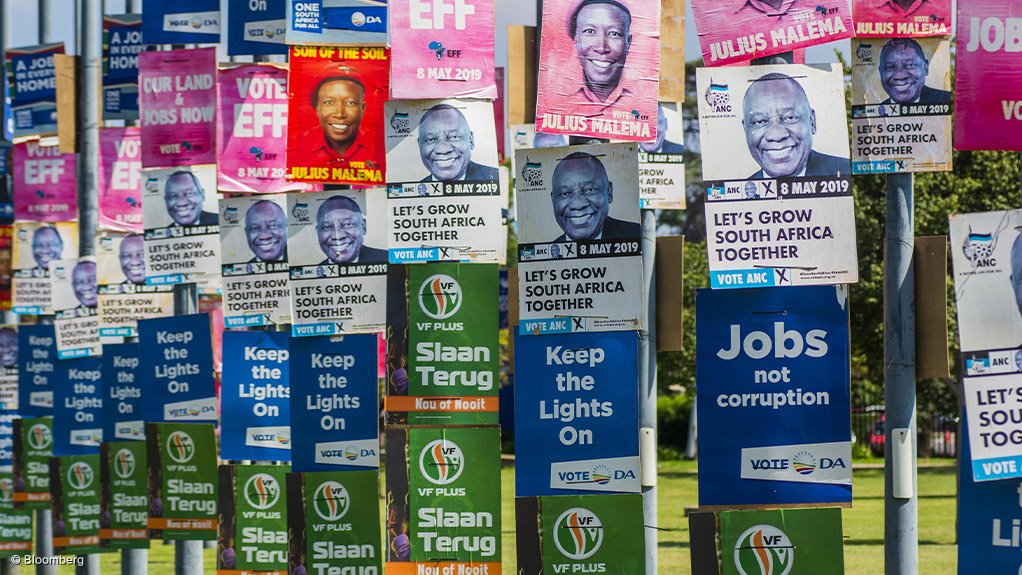A numbers game is evident in the election campaigns, with no similar innovation to solve the economic quagmire, writes Bongani Mankewu
It has been argued indisputably that South Africa’s success in filling its greenfield and hence risky infrastructure gap hinges upon a delicate balancing act between development banking and institutional long-term investment. An innovative structural approach to project development and innovative sources of financing are required to gather the necessary funds to meet the upsurge in infrastructure investment demand. Taking all considerations into account, a project structure is "bankable" if lenders are willing to finance it. Lenders need to be convinced that a project company can service the debt for the project to be bankable.
Moreover, bankability varies and may involve wider macroeconomic factors, such as economic and political stability, an appropriate legal and regulatory framework, and smart financing concessions, to name a few. The manifestos of most political parties presented to voters tend to obscure this crucial, innovative thinking. It is clear from the number of observations that South Africa's infrastructure hinders economic progress.
A political mindset that leads to development is essential for growth to materialize in South Africa. Thinking about democratization should come after development. Hence, the development process must be understood in the context of politics, culture, and institutional frameworks.
Africa, including South Africa, faces several funding challenges, such as credit limitations, sovereign debt affliction, exchange rate instability, grant dependency, and mishandling of the Fiscus. It is peculiar that the political manifestos make no clear statements about these economic barriers in an economy in distress like South Africa's.
Furthermore, since the 2014 "taper tantrums" and as a result of authoritative changes brought about by Basel III and Solvency II, total private money flows to non-industrial countries have decreased. In these circumstances, African countries—South Africa included—must maintain control over macroeconomic activities. This includes managing government debt, production capacity, and the development of existing enterprises that can disperse logical variables for GDP per capita.
South Africa's existentially chronic government debt, aggravated by inadequate governance in state-owned enterprises, negates its growth potential. A unique investment process necessitates substandard contracts because it allows for price inflation and forces the government to negotiate sub-par contracts.
Amidst the deafening nationalization of banks by certain political factions, the Bank for International Settlements is conspicuously absent, often called the “central bank for central banks.” It establishes the guidelines and requirements for the international financial system. In contrast, African nations are treated unfavourably because of their regulations, since they disproportionately benefit developed economies. Examples of prudential regulations that may be unduly onerous for African markets include capital adequacy requirements - which specify the amount of money banks must retain on their assets. This limits lending to stimulate economic growth in economies in dire need. Our politics are merely lip service, offering no answers to these growth-stifling factors.
Comprehensive research verifies that financialisation gave rise not only to the "debt-dependent development model," but also to "export-driven development models," in which development is propelled by external demand through export. South Africa has been unable to develop a coherent industrial policy due to these few economic factors.
While election-season politics should be entertaining for South Africans, politicians should also emphasize the importance of practical solutions that address economic stagnation and, therefore, inequality.
Written by Bongani Mankewu, Director of the Infrastructure Finance Advisory Institute
EMAIL THIS ARTICLE SAVE THIS ARTICLE ARTICLE ENQUIRY
To subscribe email subscriptions@creamermedia.co.za or click here
To advertise email advertising@creamermedia.co.za or click here











